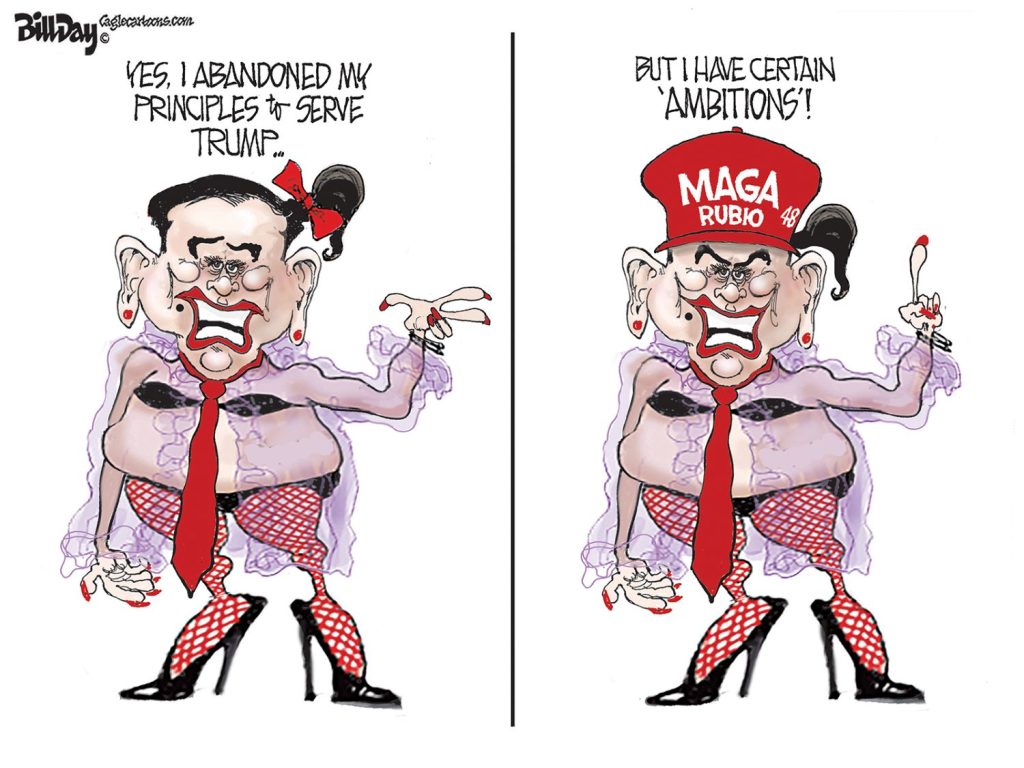From Forbes magazine this week comes this report on the PILOT program that waives more than $50 million a year (city and county taxes combined; this article only addresses city tax freezes):
States and cities lure businesses with promises of tax abatements and other goodies. They’d do better with broad-based tax cuts.
The recent Supreme Court decision validating state tax incentives for corporations looked like a triumph for tax-cutting. But it was a Pyrrhic victory. Targeted tax cuts aimed at attracting particular employers are bad policy–bad for the states and bad, in the long run, for the corporations that are the intended beneficiaries.
For decades now targeted tax incentives have been a favorite elixir of state and local politicians in depressed communities. But targeted tax incentives don’t spur real growth. Quite the contrary. While across-the-board tax cuts expand economic activity, targeted tax incentives are inevitably financed at the expense of established businesses. Today’s winner of a targeted tax break is tomorrow’s victim of a broad increase in business taxes. Assuming, that is, that this employer sticks around.
Memphis, Tenn.’s Payment-in-Lieu-of-Tax (Pilot) program is a case in point. For 18 years Pilot has created property tax holidays (of up to 15 years) for businesses adding jobs in the city. The cost, as measured by local and state authorities in the last thorough study (for 2002), was 7.4% of property tax revenue, or $23 million a year.
What does Memphis get for its $23 million? According to a study paid for by the city, Pilot created 65,000 jobs between 1988 and 2000. But that claim is tough to reconcile with the city’s unemployment rate. In 1990 the rate equaled the national average. Now, at 7%, it’s two points above the national level. Memphis’ poverty rate is 21.5%, twice the national average.
Here are a few more damning numbers: Between 1993 and 2002, 21 companies in Memphis received Pilots but then had the Pilot terminated, usually because the company didn’t live up to the promises it had made in order to win the tax breaks. In that same time period another 19 companies that got Pilots and kept their promises by staying a certain number of years eventually left the city for greener pastures.
One specific example: SubmitOrder.com, a now defunct order-fulfillment company for Internet retailers. In 2000 the company promised to invest $79 million and generate 971 jobs with a median wage of $27,600. In exchange, the city granted SubmitOrder a 15-year property tax freeze. SubmitOrder stayed in Memphis for just one year and generated only 50 jobs during that time. Neither the company nor city officials foresaw the bursting of the tech bubble, but the fact that their crystal ball was on the fritz illustrates the obvious problems associated with extending tax breaks into a murky future.
Many companies that received Pilots did indeed stay in Memphis. But it’s tough to say that the Pilots were the reason. Some would have come to Memphis anyway, and others lobbied to receive extended tax exemptions. Who wouldn’t? Electrical equipment maker Thomas & Betts, for instance, has become one of the most successful businesses in Memphis. It received a 15-year tax incentive in 1996. But it’s impossible to know whether the company would have come to Memphis without Pilot.
Memphis city leaders know that the Pilot program hasn’t produced the desired results. This month the city council is voting on a proposal to move the power to award tax breaks from a nonpartisan development board to the council itself. But such a change would fix nothing. Rather, it would simply add a layer of politics and favor-courting to an ineffective program.
Unfortunately, the mere existence of tax-incentive programs can hinder deeper reform. In Memphis city expenditures have increased by 27% in real terms in the last ten years, while reserves have dwindled.
So, what’s a city to do?
The answer is surprisingly simple. Keep taxes low across the board. Don’t grant favors. Cities and states that pursue nondiscriminatory reforms, like reining in taxes, debt and public spending, will enjoy the most robust growth. Remove barriers rather than trying to steer economic growth to this favored corporation or that one.



